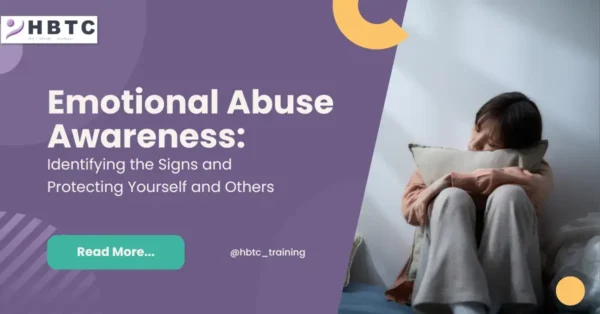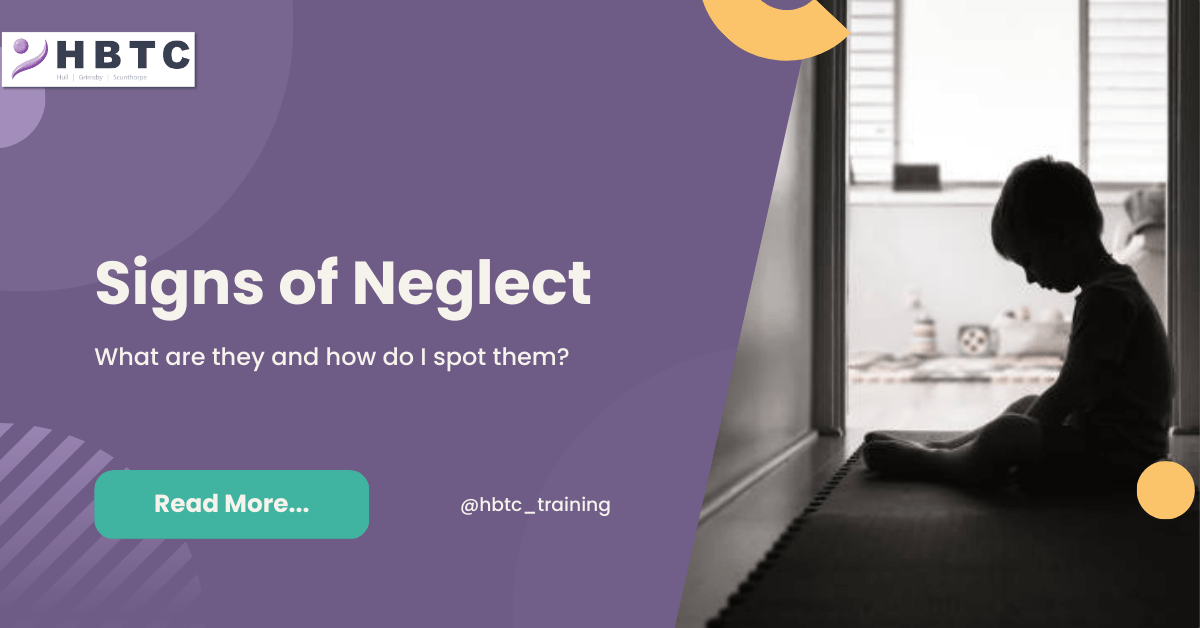Emotional Abuse Awareness: Identifying the Signs and Protecting Yourself and Others
When people talk about abuse, they often picture physical violence. But not all abuse leaves visible marks. Emotional abuse can be just as damaging, eroding confidence, independence, and self-worth over time.
Understanding what emotional abuse looks like is an important step in protecting ourselves and those around us.
What is emotional abuse?
Emotional abuse happens when someone repeatedly uses words, behaviours, or actions to undermine or frighten another person. At its core, emotional abuse is about control, manipulation, and power, and it can have long-lasting effects on a person’s confidence, self-esteem, and mental well-being.
Unlike healthy disagreements or one-off arguments, emotional abuse is consistent and deliberate. It can make you question your own reality, doubt your worth, or leave you feeling trapped and powerless.
Anyone can be a victim, regardless of age, gender, or background, and anyone can be an abuser. It can occur between:
- Partners or ex-partners
- Friends or peers
- Family members or carers
- Employers, managers, or colleagues
- Trainers or mentors
Because it doesn’t leave physical evidence, emotional abuse can be hard to spot, but that doesn’t make it any less real or serious.
Examples of emotional abuse
Emotional abuse can look different in every situation, but it often includes one or more of the following behaviours:
- Constant criticism or humiliation – regularly putting someone down, making hurtful jokes, or mocking their appearance, intelligence, or abilities.
- Unpredictable behaviour – sudden mood swings, affection followed by anger, picking fights, leaving you anxious and on edge.
- Gaslighting – denying things that have happened, twisting facts, or making you question your own memory and sanity.
- Control and isolation – deciding who you can see, where you can go, what you wear, or checking your phone and social media.
- Blame and guilt – saying that everything is your fault, or making you feel bad for having your own opinions and needs.
- Silent treatment or emotional withdrawal – ignoring you or giving you affection only when you “behave” a certain way.
- Public embarrassment – sharing private information or making you the target of jokes in front of others.
The impact of emotional abuse
Emotional abuse chips away at your confidence and sense of identity. Over time, you might begin to:
- Doubt your abilities or feel like nothing you do is good enough
- Feel anxious, fearful, or constantly on edge
- Struggle to make decisions or trust your own judgment
- Lose contact with friends or stop enjoying activities you once loved
- Feel isolated, trapped, or dependent on the abuser
These effects can be long-lasting, but healing is absolutely possible with the right support. Recognising the abuse is the first step.
Signs someone might be experiencing emotional abuse

It can be difficult to tell when someone is being emotionally abused, but here are some warning signs to look out for in yourself or others:
- Sudden withdrawal from friends, family, work, or hobbies
- Low self-esteem or apologising constantly
- Visible anxiety around a particular person
- Changes in mood or behaviour after phone calls or messages
- Mentioning that they feel “crazy,” “useless,” or like they “can’t do anything right”
- Being controlled in small but consistent ways, like who they speak to or where they go
If something feels off, it’s okay to check in with someone gently. A simple, “You don’t seem yourself lately, are you okay?” can open a vital door.
protecting yourself and others
If you believe you or someone you care about is experiencing emotional abuse:
1. Talk to Someone You Trust
You don’t have to deal with this alone. A friend, family member, tutor, or safeguarding officer can listen and help you find the right support.
2. Remember It’s Not Your Fault
Abusers often make people feel to blame, but you are never responsible for someone else’s choice to hurt or manipulate you.
3. Keep Evidence
If you feel safe, keep messages, screenshots, or notes about what’s happening. This can help if you ever need to report the abuse.
4. Set Boundaries
Be clear about what behaviour you will and won’t accept. It’s okay to distance yourself, block contact, or limit communication if it protects your well-being.
5. Get Professional Support
There are confidential services that specialise in helping people experiencing emotional abuse. You don’t need to wait for it to get worse to ask for help.
where to get help
If you or someone you know might be experiencing emotional abuse, reach out for confidential advice and support. Talking about it takes courage, but it’s the first step toward recovery, safety, and confidence.
- NSPCC Helpline (for adults concerned about a child): Call 0808 800 5000 or email help@NSPCC.org.uk
- Childline (for under 19s): Call 0800 1111 or start a 1-2-1 Counsellor chat online
- National Domestic Abuse Helpline: Call 0808 2000 247 or Text START to 88788, or chat with a Live Advocate online
- Mind Infoline: 0300 123 3393 or email info@mind.org.uk for emotional support and mental health advice
- If you are in immediate danger: call 999
If you’re an apprentice with HBTC, you can also contact one of our Safeguarding Officers, Amy or Chris, on 01482 211714. Or your Tutor; they’re trained to help, listen, and guide you to the right services safely and confidentially. For more information, click here:
You may also be interested in…

Emily Simpson
Emily is our Digital Marketing/Learner Engagement Apprentice and is involved with all things social media and content development. She is also responsible for attending career events and maintaining relationships with local schools and colleges.


